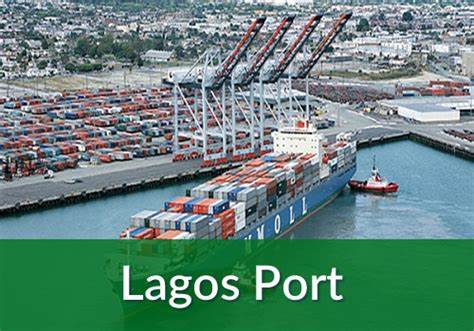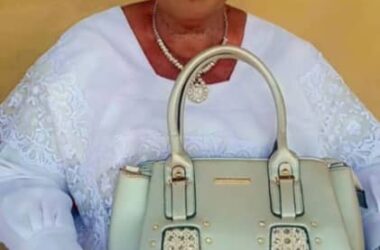Clearing agents at the nation’s ports in Lagos have lamented that in the last five years, importers have lost N248 billion to multiple sampling of imported cargoes by different agencies of government at the nation’s ports of Apapa and Tin-Can Island ports.
Speaking with the Nigerian Tribune exclusively in Lagos, Coordinator of the 100 percent Compliance Task Force of the National Association of Government Approved Freight Forwarders (NAGAFF), Alhaji Ibrahim Tanko lamented that agencies like the National Agency for Food and Drug Administration and Control (NAFDAC), and Standards Organisation of Nigeria (SON) all take cargo samples from imported containers for laboratory checks and never return the cargoes, culminating in huge losses for importers in the last five years.
According to Alhaji Tanko: “What importers are always told during sampling taking is that the samples will be returned to the owners after laboratory checks have been concluded and the cargoes certified fit for use in Nigeria.
“Most of our clients, the cargo owners are always baffled at the number of samples taken by SON and NAFDAC for laboratory checks. The two agencies will not take one sample. They take as many as five or ten each from an imported container and at the end of the day, won’t return any of the taken samples.
“in the last five years, the total amount of cargo samples that have been taken by SON and NAFDAC is more than N248bn. The samples include electronics, cables, food items, drugs and others.
“Is SON and NAFDAC telling us that it is all the taken samples that were used at the laboratories? Where are the unused samples? The cargo owners keep asking us these questions and it is beginning to look as if we are conniving with these agencies of government to rip importers off. That is why we are taking this issue to court. We need SON and NAFDAC to come and tell us what happened to the many samples that were taken in the last five years.
“If the container contains imported televisions or cables, SON will take five to 10 pieces for laboratory test and won’t return any. If it’s food or drugs that is inside the container, NAFDAC will take the same amount and won’t return any. Are these agencies of government telling us that all the samples taken were used at the laboratory? We need answers because importers are losing so much through these sampling process.”
When contacted, the Deputy Director, Public Affairs at NAFDAC, Mrs. Christiana Obiazikwor explained that the number of samples collected by NAFDAC is very insignificant in line with international best practice.
Mrs Obiazikwor said: “We usually just pick a little sample that we will need at the laboratory. We don’t take so much samples. Just a little quantity of the products that we want to use for the test.
“What do we need so much samples for? What we need is very little quantity of the product for our lab analysis. We work with international standards and they have the quantity of samples that must be taken. We won’t take the number of samples that will cause the cargo owners to incur losses.”
Also speaking on the issue, a source close to SON revealed that why most of these samples are not returned to the importers is because they are shredded when they arrive at the laboratories and cannot be returned to the owners.
The source who wouldn’t want his name in print as he has not been authorized to speak on behalf of the agency stated that: “Yes, it’s true that our officials take samples to the laboratories for standard verification, but most times, we shred these things to confirm their standards.
“For example, a television for instance. If we take one set of television to our laboratory, we break them down to test them. We strip these cargoes to pieces to test them at the laboratory and returning them back is not always something that is possible. You know it is always easier to break down an equipment than to fix.
“Most times, after these testing, we always send the results of these laboratory testing to the cargo owners, that’s if the result is okay. If the result is not okay, we come after the container and clamp it down.”









